Old School Wednesdays presents an epic reread of The Harry Potter series by J.K. Rowling. THIS MONTH ON THE RE-READ: we take a look at book 3, our favorite in the series. WILL IT STAND THE TEST OF TIME.
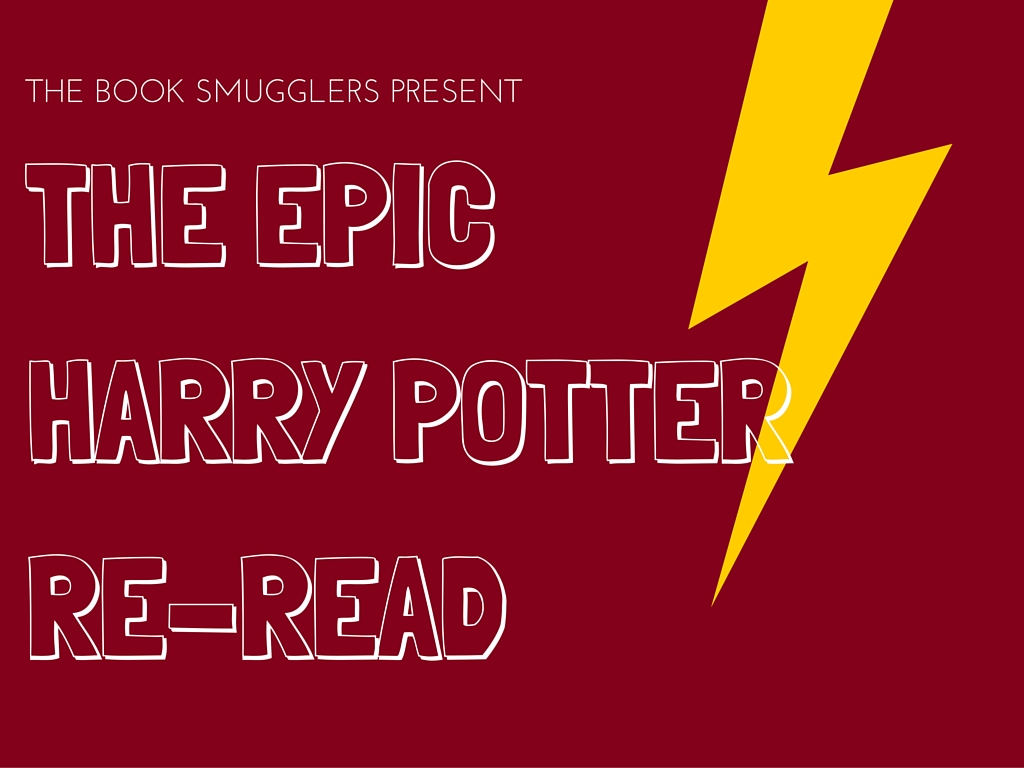
Old School Wednesdays is a weekly Book Smuggler feature. We came up with the idea towards the end of 2012, when both Ana and Thea were feeling exhausted from the never-ending inundation of New and Shiny (and often over-hyped) books. What better way to snap out of a reading fugue than to take a mini-vacation into the past?
This time, on our Old School Wednesday journey, we continue our OSW feature for the first half (ok, two-thirds) of 2016–The Epic Harry Potter Re-Read with our joint review of the first book!
Title: Harry Potter and the Prisoner of Azkaban
Author: J.K. Rowling
Genre: Middle Grade, Fantasy
Publisher: Bloomsbury (UK) / Scholastic (US)
Publication Date: First published 1999
Hardcover: 317 Pages
Harry Potter is lucky to reach the age of thirteen, since he has already survived the murderous attacks of the feared Dark Lord on more than one occasion. But his hopes for a quiet term concentrating on Quidditch are dashed when a maniacal mass-murderer escapes from Azkaban, pursued by the soul-sucking Dementors who guard the prison. It’s assumed that Hogwarts is the safest place for Harry to be. But is it a coincidence that he can feel eyes watching him in the dark, and should he be taking Professor Trelawney’s ghoulish predictions seriously?
Stand alone or series: Book 3 in the Harry Potter series
How did we get this book: Bought
Format (e- or p-): Print
Previously on the Epic Harry Potter Re-read:
**All reviews/discussions on this re-readalong will contain inevitable spoilers–if you don’t want to be spoiled, best look away. YOU HAVE BEEN WARNED.**
REVIEW
Ana’s Take:
Well. Well, well, well. This one IS as good as I remembered. Let’s put aside the fact that I spent this book drowning in a puddle of my own tears (all the moments with Lupin hit me hard in the feels), why do I love Harry Potter and the Prisoner of Azkaban so very much?
For many reasons. Let me ramble.
I will start by saying that to my consternation, this is not one of The Tomes. In my memory (and I keep going back to memory x expectation because what else is going to happen when you are re-reading?), this was one of the Big Ones. There is so much that happens in this book, I was surprised when I picked up a copy to read now and it was so… thin. This turned out to be a good thing in the end and is perhaps one of the reasons why this book is so good: it’s taut, it’s tense, it’s perfectly plotted and it doesn’t waste time. Speaking of time, the only moment when its conciseness was perhaps not so perfect was the last two chapters and how the book doesn’t play so much with the time travel element as it could have. At least not in the way that the movie did – this is where the movie was an improvement in the story because of not only the added visuals but also in the interconnected way that the time travelling plot unravelled (and who didn’t like to see Malfoy slapped TWICE by Hermione?).
The Prisoner of Azkaban is probably where – despite the fact that Harry and his friends were in serious danger before this point what with facing Voldemort twice – these kids start growing up. The first two books had a definitely kidlit slant to them whereas the third book sounds more grown-up, reads more like YA and is darker and more mature than its two predecessors. It’s less magical in that starry-eyed, naive way and more realistic in how it presents the failings of magic, how it definitely shows to these kids that the magic world is not perfect – far from it. You have creatures like the Dementors who are state-sanctioned torturers; you have a flawed justice system that is gamed by those with more power (like the Malfoys vs Hagrid or the World vs Lupin). You have the start of an examination of how un-perfect not only the system is but also how people – even loved ones – are imperfect and sometimes even, problematic (Dobby’s treatment in the previous book and the house-elves storyline were just the start).
“Your fave is problematic”: going through my head as I read because we revisit Harry’s father’s childhood and the privileged way that he and his group of friends ran rampant at Hogwarts. I forgot the horrible prank that Sirius Black played on Snape, a life-threatening “prank” that had no real repercussion. It’s no wonder Snape hates Sirius-Lupin-James so much – they were bullies. And I feel that the story so far does make a point of showing that they were not perfect. History is shown to repeat itself even, with Harry and HIS group of friends running rampant with their privilege, thinking they can get away with everything. There is a moment when Snape tells Harry that the entire world is worried about Harry’s safety and yet he throws that away without thinking of the consequences. Yes, Harry IS a kid and that’s part of it, of course, but the narrative doesn’t let him get away with it. In fact, dangers abound, people do get hurt and in the end our heroes don’t get everything that they want.
Consequences, shades of grey and all that.
This is a book that sucker-punches you multiple times. Harry’s dad is not the perfect goodie two shoes Harry thought him to be. His best friends where assholes who grew up to have terrible lives. One of them spent twelve years at the worst place imaginable as an innocent man and NO ONE BELIEVED HIM. Not even his best friend Remus.
The relationship between Lupin and Harry as teacher-student is one of the strongest one: Lupin is not only a great teacher but he also talks to Harry and the other students as equals. To lose Lupin as a teacher is a blow. But not as big as a blow as That Moment, that precious moment when Sirius and Harry have a heart-to-heart convo and Sirius invites Harry to live with him and for a blissful half an hour Harry thought he was free of the Dursleys. I cried anguished tears the first time I read this and I wept again now.
“Your fave is problematic” #2: I remain dumbfounded at the Dursleys’ mental and physical abuse of Harry and how that is not a problem for the muggles social services or for the magical community. I remain dumbfounded that the way the narrative shows how terrible they are is by emphasizing their physical appearance with fat shaming and by mocking their looks.
With that said, this THE book for coolness factor: this is where we get to read about Hogsmeade and butterbeer; where we get the time-turner and the Firebolt; the MARAUDER’S MAP; the Night bus. The dementors, the Patronus spell. Also: Secret Cat Spy Crookshanks. AND Professor Trelawney and her prediction (and then that throwaway foreshadowing comment from Dumbledore’s saying that it’s only the SECOND time she had a real prophecy).
This one definitely stands the test of time and I love it more than I loved drinking butterbeer at Hogsmeade (and I loved that a whole lot).
Thea’s Take:
WELL. WHAT ANA SAID. Harry Potter and the Prisoner of Azkaban is my favorite book of the series, it’s my favorite film of the franchise, and all in all is what I think of when I think of Harry Potter. This is the book that I always return to re-read–it’s the book that starts to show the griminess of the wizarding world, it’s the book that tells us more about Harry’s origin story (his past is such a mystery to him and everyone is trying ot protect him from himself which is so frustrating), it’s the book that introduces the Maurauder’s Map and the Time Turner and SIRIUS BLACK AND LUPIN! Oh, right, and it also seeds future books in the series in a major way (Cho Chang, Cedric Diggory, SIRIUS BLACK AND LUPIN!).
Suffice it to say, this is my favorite book for a reason, and it is one that most assuredly stands the test of time.
Ana has already covered so many of the same feels I had while reading this book, so I’ll try not to repeat her too much–but I have to touch on one point that she emphasizes to re-emphasize its importance. Thematically, Prisoner of Azkaban is different than the prior two books. It’s the first time that we truly start to question things in the Wizarding World–we see the many injustices of the system because we sympathize with folks like Lupin and Hagrid, who are systematically and institutionally discriminated against, even deprived of their very livelihoods, because of the prejudices and power-machinations of others. The world of magic may be wondrous and full of chocolate toads, Zonko’s and butterbeer, but it’s also a world that allowed a monster like Voldemort to rise to power, where back-door deals are struck with vile creatures like the Dementors, where throwing someone in Azkaban without full trial or evidence is commonplace, and where innocent animals and those afflicted with magical incurable conditions are preyed upon by the more powerful.
Beyond this dark underbelly of Harry Potter’s wizarding world, Azkaban is ALSO the first time that we question everything we thought we knew about Harry and his family and his past. J.K. Rowling is at her finest, most potent writing in this third book as she pulls the rug out from readers not just once, but multiple times. It’s like a big throw rug, secretly on top of a sleek chic rug, on top of a trap door, that hides a secret subterranean room with another rug. Sirius Black is revealed to be a serial killer to Muggles, a serial murdering wizard to the magical community, a prison escape artist impervious to Dementors (supposedly), and a loyal minion to Lord Voldemort. But then, we learn he doesn’t just want Harry to please his Dark Lord–he also turns out to have been friends with the Potters. Best friends, in fact, to James. The best man at the wedding, as another matter fact. The godfather to Harry himself, to top it all off. Sirius is never who we think he is in this book, and as Harry learns more about his parents and this particular friend, his entire world view shifts, once more.
Related to Sirius Black and his many backstories, Harry learns another very important lesson for the first time in this book, that will follow him and his friends and serve them well in the coming darkness. Sometimes, the people in power and those you choose to trust are not telling you the truth. And sometimes, you have to break the rules in order to do the right thing, because the rules–and the authority figures behind those rules–are wrong. I love that about this book, and this series overall.
Beyond these two thematic key threads, the other reasons to love Azkaban are bountiful. I love that Hermione challenges her friends and stands against them at times in order to keep them safe and make the right decisions (hello, mystery Firebolt present)–just as I love her dedication to her studies, her final realization that sometimes even her superhuman smarts need a break, and that she CAN take huge law-breaking gambles for the greater good. I loved the new characters we meet in this book, in particular Professor Remus J. Lupin–who also is such a main figure in the series, a father-type-figure to Harry, and a hell of a Defense Against the Dark Arts professor. Sirius–well, how can anyone not love Sirius and his many layers and everything he has endured in Azkaban, being abandoned by all his friends? And then the characters we already know and love also reveal greater depths in this book–particularly Professor Snape, who seems to be a merciless jerk bully to Harry and his friends for no reason (and we finally start to see why he loathes Harry, who looks so like his father, so much).[1. On a tangential sidenote–was this a Dumbledore play all along? That is, he knew how James Potter was and his tendency for bravado and even bullying–did he worry that Harry might exhibit the same tendencies had he grown up in the limelight? Still doesn’t excuse Dumbledore’s behavior by abandoning Harry to the Dursleys–and I cannot even go there with the Dementors on school grounds in this book and the choice to keep Harry in the dark–but it’s some kind of additional justification that, granted, makes a little sense.] Fred and George come up in the clutch this time, too, with their giving Harry the Maurader’s Map; Percy is endearing if pompous as Head Boy (and starts to show signs of the bad things to come).
And then of course there are the magical artifacts and other wonders: We see the Womping Willow’s true purpose, the Shrieking Shack, we go to Hogsmeade for the first time, and learn about the wonders of the village’s Butterbeer and joke shops and sweet shops and pubs. In the film, which I mentioned earlier is my favorite of them all, one thing that isn’t done very well is the missing joy and terseness of Quidditch! Man, I love quidditch, and the quidditch cup, and everything that is at stake for Gryffindor in this book, and I miss that in the later films as well. I do agree with Ana that the time turner and the resulting double-scenes in the film are superior to those in the book–but the book is still exceptional in this regard. I LOVED the dramatic time-turning consequences, the rescue of Buckbeak, the danger with Remus and Sirius and Snape and the Dementors.
I mean… damn. This book is good. It’s as good today as it was when I first read it–and that is why it’s deserving of the highest marks in my opinion.
The verdict: Prisoner of Azkaban is perfection to me now, just as it was to me fifteen or so years ago.
Rating:
Ana: 9 – leaning toward 10
Thea: 10 Firebolt broomsticks out of 10
![]()
About the Epic Harry Potter Re-Read:

Extending through August, we will be re-reading each book in the Harry Potter series by J.K. Rowling. (We’ll also be re-watching all of the movies, but we won’t be reviewing those.) Why are we doing such a thing? Because we are nostalgic for these books that we basically grew up with; because we’ve had so much fun with re-reads over the past year, especially for Old School Wednesdays (see Percy Jackson and The Dark Tower); and most of all, because this August, we Book Smugglers are going to watch Harry Potter and the Cursed Child in London. AAAAAA!!!!
Are you also a Harry Potter fan? Are you new to the books? Do you want to join our re-read fun? Well you’re in some serious luck (and you don’t even need Felix Felicis) because here’s the full schedule.
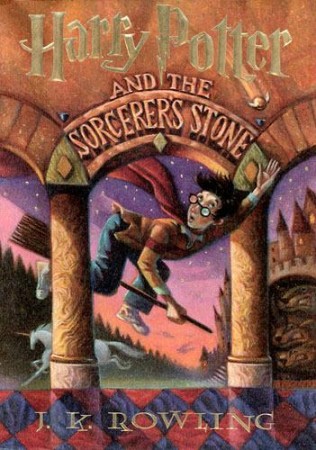
Harry Potter and The Sorcerer’s Stone – January 27
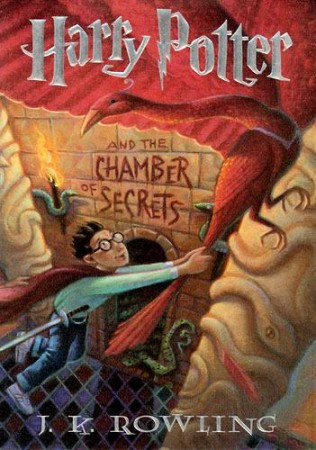
Harry Potter and The Chamber of Secrets – February 24
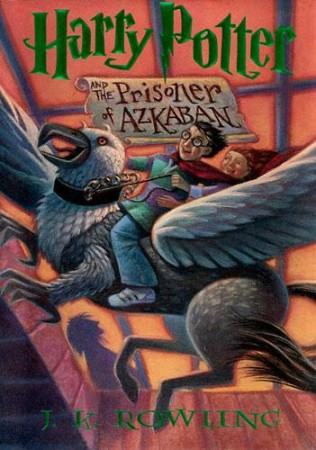
Harry Potter and The Prisoner of Azkaban – March 23
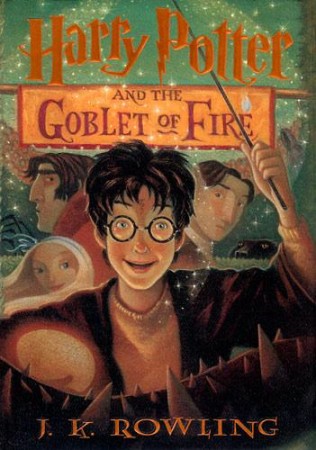
Harry Potter and The Goblet of Fire – April 27
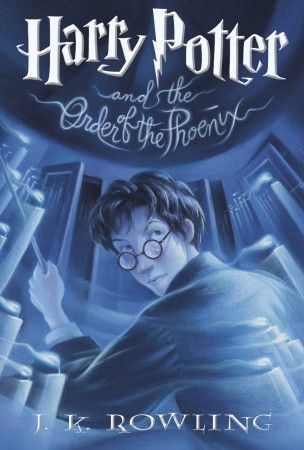
Harry Potter and The Order of the Phoenix – May 25
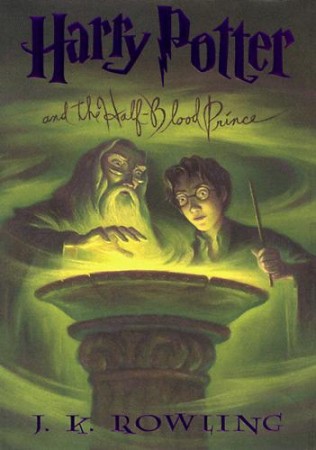
Harry Potter and The Half-Blood Prince – June 22
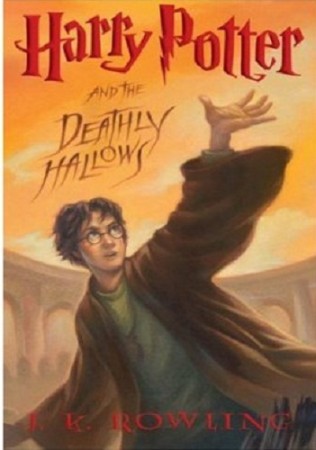
Harry Potter and The Deathly Hallows – July 27
Join us, won’t you?
![]()










9 Comments
Ari
March 23, 2016 at 9:00 pmAhh love this so much!! Harry Potter is life. Prisoner of Azkaban is probably one of my favourites, like you said so much happens in it, and it’s so interesting looking back and seeing how much is set up in this one for later on in the series!! Wonderful post xx
Octavia
March 24, 2016 at 5:12 pmI dunno. The main reason that James et al. exhibited horrible tendencies is that fucking Dumbledore let them do it. Perhaps if he worried a little more about NOT sweeping the dreadful behaviour of his favourites under the carpet then he wouldn’t have to worry so much about the effects of limelight on the next generation. His actions were appalling, and he was old enough to know better.
Like Ana, I adored Lupin. One of my favourite HP characters – but oddly, I never ever warmed to Sirius. I think it’s the “Look, he’s cool, he’s so so cool and he’s tortured (and he has a motorbike)!” attitude that permeates the text. Don’t care that he spent so long in Azkaban, don’t care what’s coming for him. Just don’t care. Whereas Lupin I care for so so much. It’s very strange.
Heather
March 30, 2016 at 7:09 amThis has always been my favorite of the series. Sirius was my favorite character and I still haven’t recovered from his storyline.
TamaSMS
March 30, 2016 at 5:50 pmJust found out this amazing site.I decides to reread the HP books this year, and they are still very fun. The third one is my favorite because we’re introduced to the marauders.